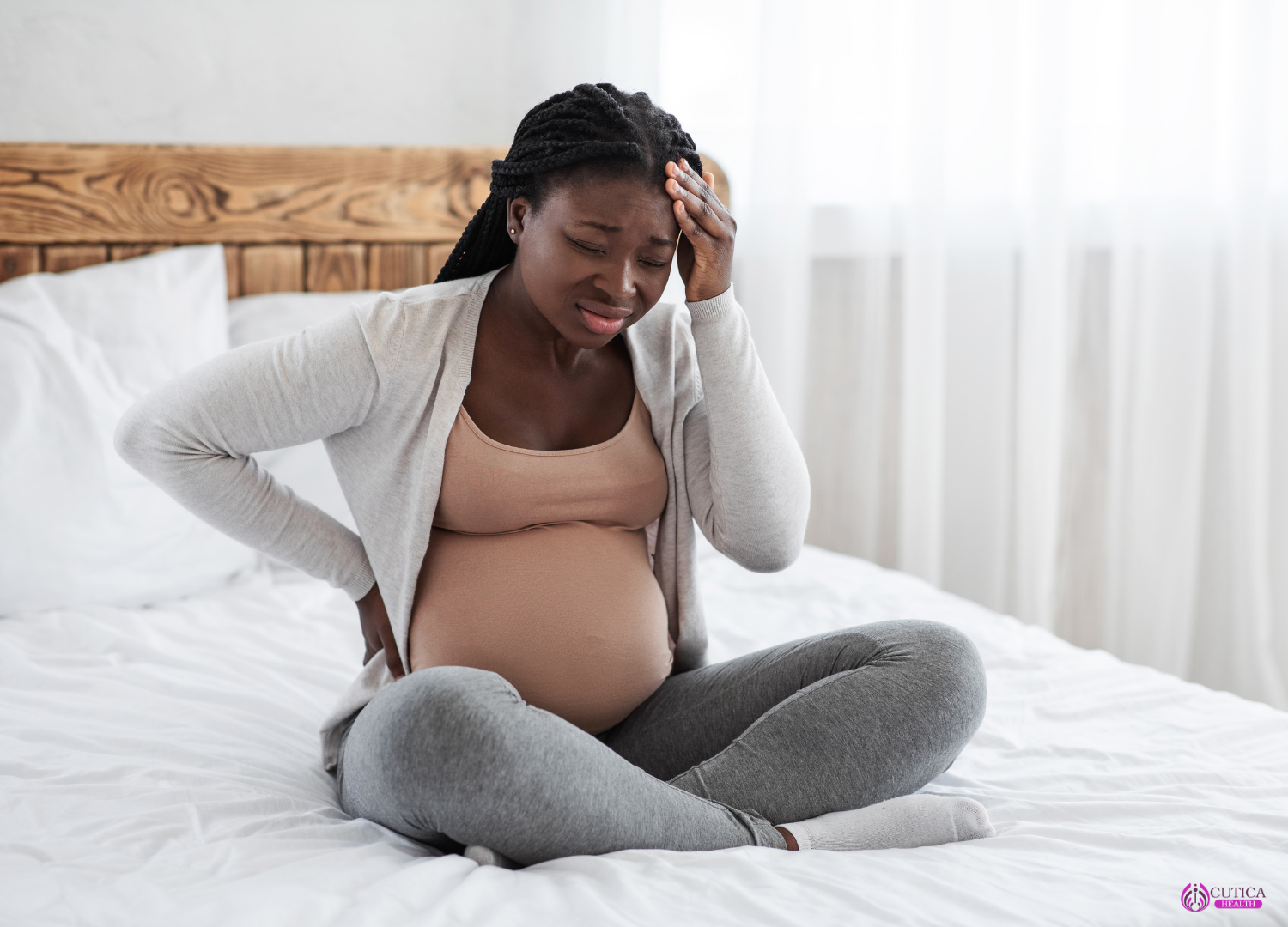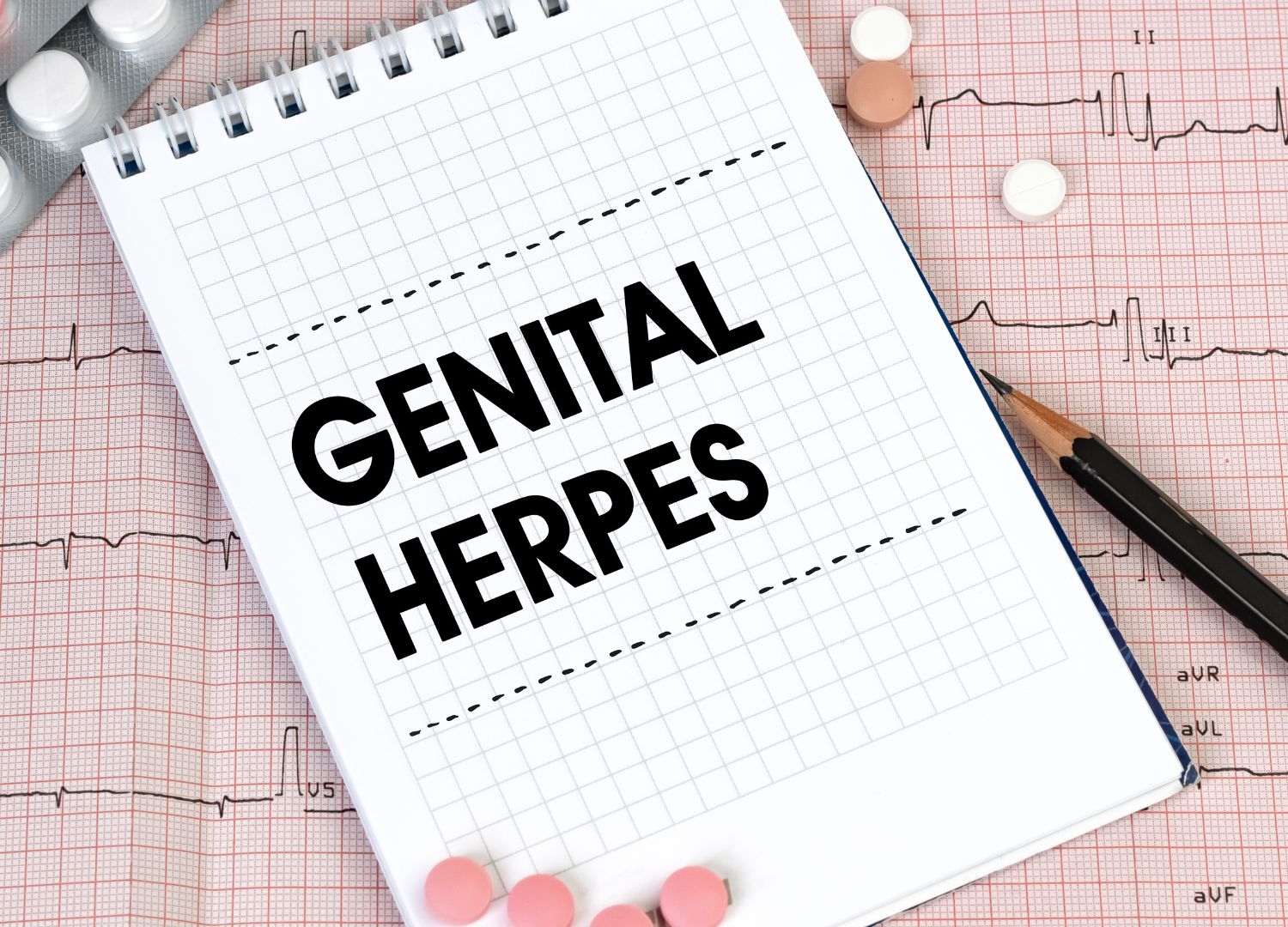
Malaria During Pregnancy: Risks, Symptoms, Prevention, and Treatment
Introduction
Malaria still remain significant global health concern, particularly for pregnant women and dia unborn pikin dem.
Malaria during pregnancy dey cause unique risks and challenges, wen dey affect both the mama and pikin health.
This article go explore the impact of malaria on pregnancy, the risk wen dey associated with am, common symptoms, prevention strategies, and effective treatment options to make sure of the well-being of the mama wen dey expect pikin.
Understanding Malaria during Pregnancy
Malaria, dey caused by Plasmodium parasites wen dey transmitted through the bite of infected mosquitoes, and e get devastating consequences wen women get am during pregnancy. Pregnant women dey more open to malaria infection due to changes for dia immune system, e go come make dem vulnerable to serious complications.
Risks Associated with Malaria during Pregnancy
1. Maternal Complications: Malaria during pregnancy dey increase the risk of maternal anemia, wen fit lead to fatigue, weakness, and complications during childbirth. Severe malaria infection fit also result to organ failure and even death.
2. Negative Pregnancy Outcomes: Malaria significantly dey increase the risk of negative pregnancy outcomes, including miscarriage, stillbirth, premature birth, and low birth weight. Pikin wen dey born to mothers with malaria dey at higher risk of neonatal mortality and long-term developmental issues.
3. Placental Malaria: Malaria parasites fit accumulate for the placenta, wen go come lead to placental malaria. This condition dey reduce placental function, reduce nutrient and oxygen supply to the fetus and increase the risk of complications like fetal growth restriction.
Symptoms of Malaria during Pregnancy
To recognize the symptoms of malaria during pregnancy dey important for quick diagnosis and treatment. Common symptoms na:
● Fever and chills
● Headaches
● Muscle aches
● Fatigue
● Nausea and vomiting
● Sweating
● Jaundice (yellowing of the skin and eyes)
Prevention Strategies for Malaria during Pregnancy
1. Antimalarial Medication: Pregnant women wen dey live in or wen dey travel to malaria-endemic areas suppose take appropriate antimalarial medication wen healthcare professionals prescribe.
2. Insecticide-Treated Bed Nets (ITNs): To sleeping under insecticide-treated bed nets dey help reduce the risk of mosquito bites and malaria transmission during sleep.
3. Indoor Residual Spraying (IRS): IRS dey involve spraying insecticides inside homes to kill mosquitoes and reduce malaria transmission.
4. Avoidance of Mosquito Bites: Pregnant women suppose take measures to avoid mosquito bites, dem suppose wear long-sleeved clothing, using insect repellents, andake dem stay inside house during peak mosquito activity times.
Treatment of Malaria during Pregnancy
The treatment of malaria during pregnancy dey require careful consideration of the gestational age and the infection severe reach .
Commonly used antimalarial medications include artemisinin-based combination therapies (ACTs), and dem dey considered safe and effective for pregnant women.
Conclusion
Malaria during pregnancy get significant risks to the mama and pikin wen dey belle health, but with proper prevention strategies and timely treatment, these risks fit dey reduced. Pregnant women suppose take proactive measures to protect themselves from malaria infection, including make dem seek prenatal care, take antimalarial medication as doctor prescribe, and practice how to avoid mosquito techniques. If we prioritize maternal health and well-being, we go fit strive to reduce the burden of malaria on pregnant women and dia pikin wen dey belle worldwide.












